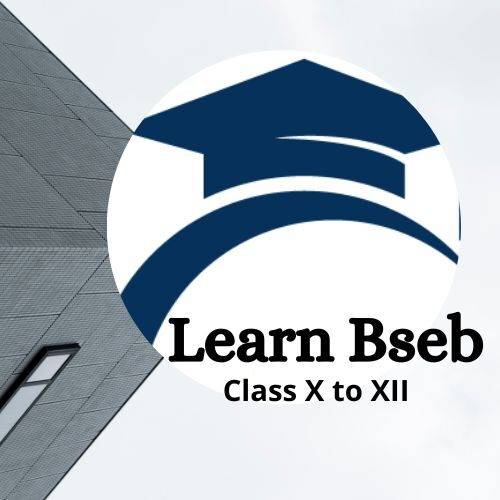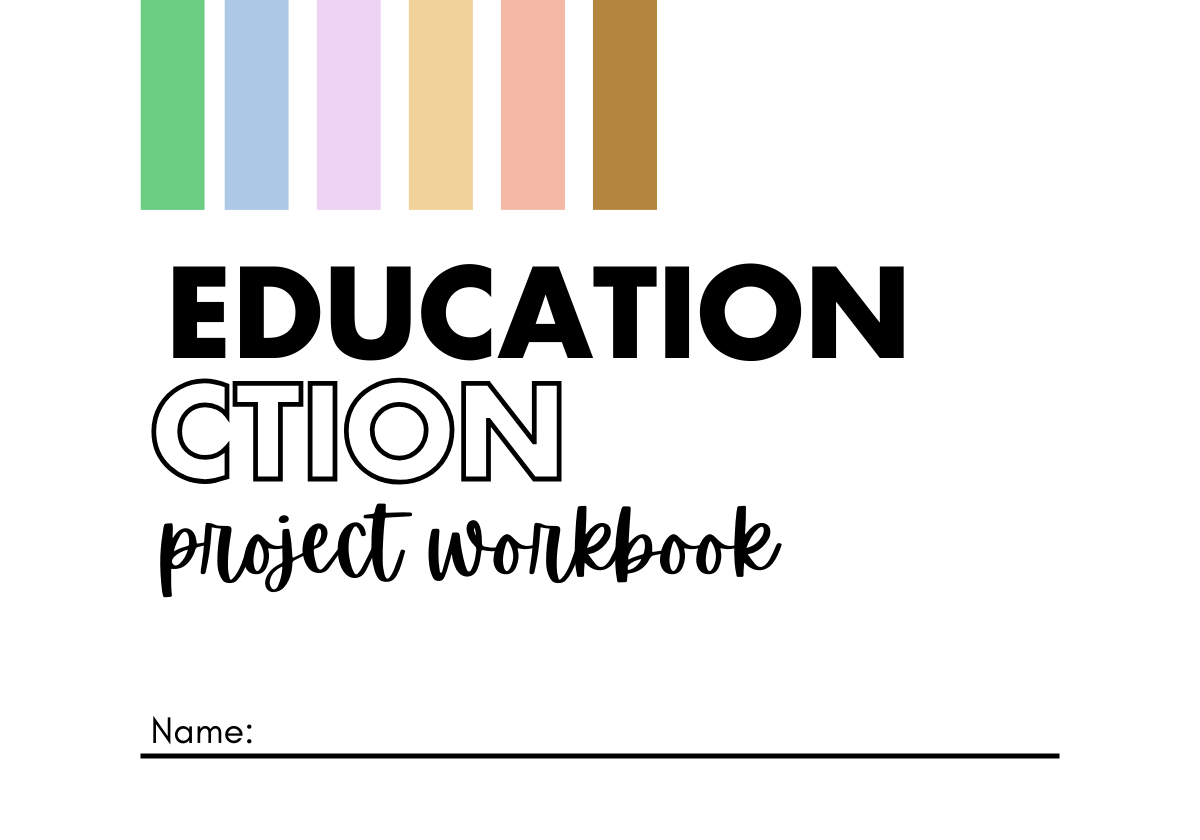Education has always played a significant role in shaping the lives of individuals, as well as that of societies as a whole. It has never ceased to be a beacon of social, economic, and individual advancement and for the future. The role of education though is often taken for granted today. Education must include more than just the acquisition level of knowledge or skills. It also opens up several avenues, enhances one’s perspective and encourages a degree of development. The focus of this essay will be to bring out the different aspects of the importance of education by covering its importance in terms of the individual, the society, the economy and also the various challenges faced by the world today.
Education and Personal Development
Education is primarily aimed at imparting knowledge and skills to an individual. But education does not merely promote the acquisition of knowledge; the scope of its functions is much wider. Education builds an individual’s character, personality and ideology. The education system encourages critical analysis or thinking, problem-solving and decision-making even at a young age. Such competencies enable people to face the challenges of life with assurance.
Education equips people with the knowledge and skills they need to advance. It is generally understood that individuals who received some formal education tend to have a greater awareness of their health, be able to control their expenditures and expenses and make reasonable decisions about their lifestyle. Education also strengthens willpower, self-control, and determination. Education teaches a person to appreciate struggling, working hard, and being committed to one’s endeavours.
Education goes beyond that and encompasses aspects to do with emotion and socialization. In middle and high schools and universities, students have the opportunity to socialize with others who are different from themselves and thus understand the basics of how to communicate, work in teams and show understanding of other people. These social skills are important in all aspects of life, both in private and work environments. As these skills are developed, such people are expected to manage relationships, tackle disputes, and even be more sociable members of society.
Education and The Society
On a larger scale, education facilitates the improvement of societies. For one thing, there are several ways in which the progress of a society is related to how educated the people living in it are. The advancement of society’s education leads to the advancement of society since the population’s standard of living elevates the social conditions and opportunities available for the big numbers.
Education remains one of the most powerful vehicles for social change and advancement. It enables chronically disadvantaged individuals to experience a break from poverty, marginalization, and discrimination. Education is key to enabling the lower classes to uplift themselves from the vicious cycle of poverty and in turn, participate actively in the betterment of their communities. Thus, by providing access to equal education, societies can ensure that growth and success are attainable for all people regardless of their social or economic circumstances.
Also, education encourages social inclusion and acceptance. In our modern society, where people of different races, nationalities, and ethnic groups coexist, education becomes the foundation upon which tolerance, respect, and integration are built. It instructs individuals about different nations, their cultures and value systems, which ensures that society is peaceful. In this sense, education functions to help heal societies from prejudice and animosity promoting peace and nothing but peace.
Moreover, education fosters public engagement and advocacy for democracy. Educated members of society are more inclined to vote, volunteer or be active in community activities. In addition, educating the masses imbues them with an understanding of public affairs, governance, and public policies as well as social causes making them active and informed citizens of society.
Education and Economic Growth
Education is today often referred to as the engine of growth. The correlation between the level of education and development no longer calls for advanced statistical support. Quite simply, a productive workforce that is educated can push innovation and change the course of the economy. Countries that focus on this singular aspect of society cut numerous corners in the developing stages of a nation and allow for a better economy overall.
In the current set of circumstances that allow for immense technological growth where competition is borderless, education becomes an important asset not only for ututilisationut but for self-improvement as well. With increasing reliance on automation, artificial intelligence and the general rise of digital mediums, the need for educated individuals is at its peak. Individuals who pursue education in or are skilled in science, technology, engineering and mathematics STEM fields have advantages. Education prepares individuals to be able to adapt and succeed within such an environment.
Further, education fosters innovativeness and entrepreneurship as well. It allows them to have a sound knowledge base and enough confidence to begin their ventures, develop new goods, and tackle incredibly difficult issues. For almost all of the renowned business leaders and entrepreneurs, education has been fundamental in achieving the success that they currently have. Education serves as an important infrastructure for industries and the creation of new employment which comes as a result of an indomitable culture of innovations.
Also, education contributes to the reduction of income disparities. When governments commit to increasing education among all its citizens irrespective of their economic status, society becomes more egalitarian. Education empowers individuals with skills and knowledge that enable them to get employed in well-paying jobs which raises them above the poverty line. Individuals tend to enjoy higher earnings and greater employment security as far as education is concerned; this is a very obvious reality without dispute.
Education and the Global Empathy Gap
In an increasingly globalised society, many of the issues such as climate change, poverty, health problems or conflicts have to be tackled on a global scale. Education is instrumental for such issues as it broadens perspectives, promotes ideas and practices crucial to sustainability and encourages children to become active participants in the fight for a better future.
Education is crucial in tackling the climate crisis. Education enables the masses to comprehend the reasons for climate change and its effects, as well as how to mitigate their impact. Further, it is education that will motivate future science, engineering, and policy leaders to work towards the creation of workable sustainable development strategies.
To put it differently, education is also viewed as a beneficial factor for the improvement of public health. By explaining to people how to lead healthy lifestyles, how to prevent certain diseases, and how to receive treatment, the diseases and the general health of people may be improved significantly. Specific regions of the world in which there are public educational campaigns aimed against the likes of malaria, HIV/AIDS, and tuberculosis have seen notable successes in these areas.
In addition, education fosters the development of global awareness and collaboration between nations. Given the current pace of globalization, people ought to be aware of the numerous issues facing the world, be sensitive towards the cultures of other people and be willing to join hands in addressing such issues. Education helps promote an understanding that everyone has a role to play in ensuring the sustainable development of our planet and encourages people to its protection.
Obstacles to the Education Barrier
However, while it has been shown that education is of considerable significance, it is also possible that education is not as easily available for all. Many children and adults in various parts of the world miss out on education owing to factors such as poverty, racism, war or poor infrastructure. In many less developed countries, children, more so girls, are kept out of school because of cultural practices, poverty and dangerous conditions among others.
These barriers to education need an active effort from governments, international institutions and civil society. It is necessary to design policies and programs that will guarantee free education for all without discrimination of any kind. There is a need for governments to put resources into constructing schools, training teachers and making education available to everyone on fair terms.
However, besides these structural barriers, it is also important to highlight the need for education as a resource that has to be adjusted to the ongoing change and development processes. If the way how people educate today doesn’t change radically as it has been for the last century, we might be living in a radically different millennium. This entails teaching people the use of technology as well as teaching them to be creative thinkers and how to learn in the modern world.
Conclusion
To sum up, education is perhaps the most important contributor to individual growth, the advancement of society and the progress of economies. It gives an individual the right set of information and the skill to manoeuvre around life, nurtures one’s mind and develops responsible citizens. Further to that education is a necessary part of solving problems of energy, climate change, health, and even peace and war.
The future promises to be brighter but that will only be the case if we put in efforts to advance education and make it available to everyone. Only then can humanity reach its full potential and ensure that the future generation lives in a more peaceful, equitable and healthy world. For that reason, education is the most important tool to combat all the challenges of the world and to create a better tomorrow.

